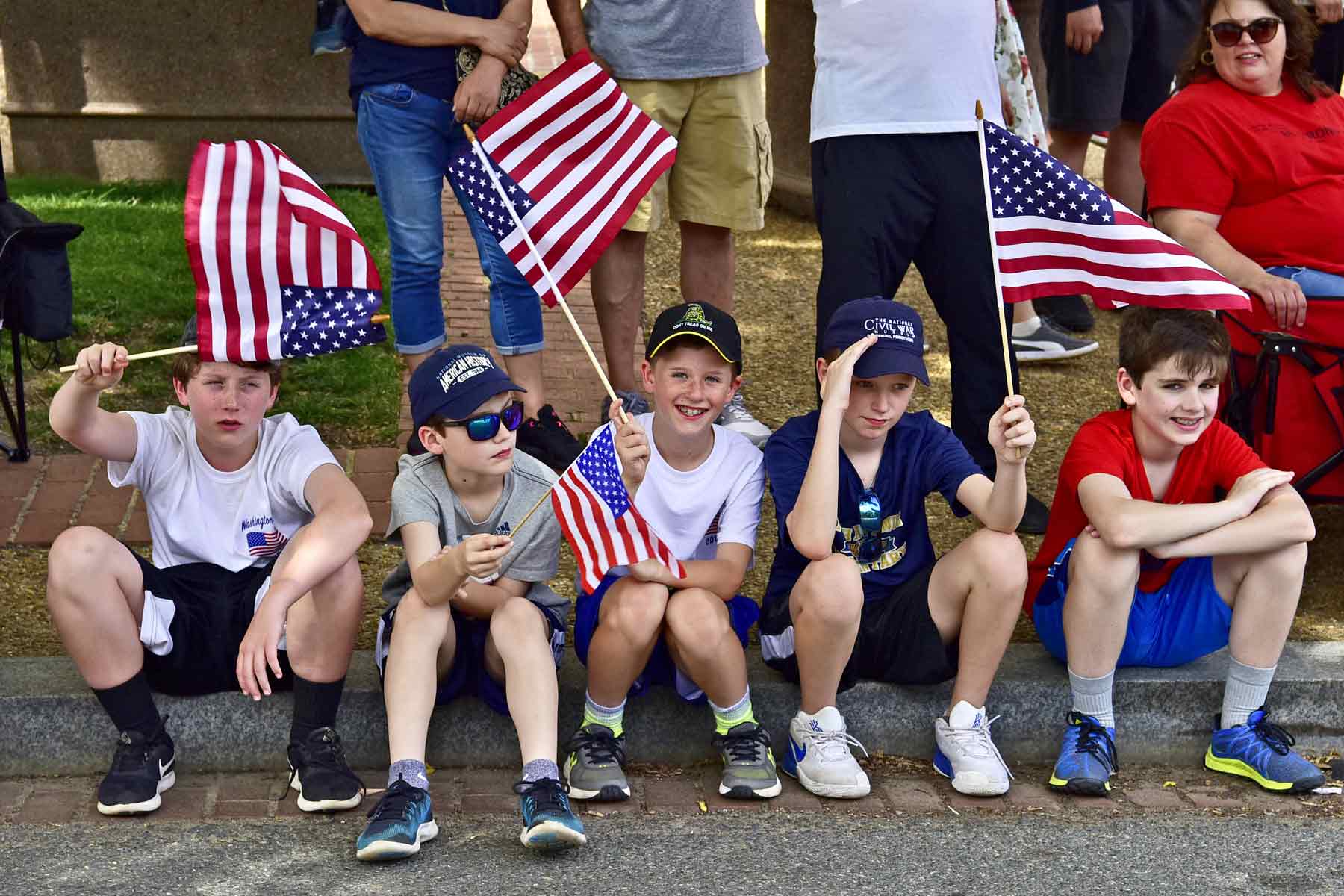
Shauna “Doc” Springer is a best-selling author, frequently requested keynote speaker, and leading expert on psychological trauma, military transition, suicide prevention and close relationships.
For many Americans, Memorial Day has essentially been a day of vacation — a day off work to enjoy a barbecue with friends and family.
For others, Memorial Day is a day of mourning. Many who take the oath of service will feel gut-wrenching grief as they remember their fallen brothers and sisters. Those who serve in the military and first-responder tribes become family. Imagine facing a day every year when you suddenly feel the collective weight of grieving the deaths of several people you love like family.
Our nation’s military and first-responder communities carry a heavy burden of grief every single day of the year. They often compartmentalize their pain while they continue to engage in roles that serve and protect us. But Memorial Day can break through the strongest defenses, bringing a sharp increase not only of trauma memories but acute grief and, in some cases, a heavy burden of survivor guilt.
After losing nearly 600,000 Americans to COVID-19, many of us are in deep grief.
Given this, is it appropriate to “celebrate” Memorial Day?
To celebrate something does not mean you have to be joyful about it. To “celebrate” means that you take time and space to acknowledge the human impact of a particular day or event.
This year, as a nation, we can make a different choice. We have an opportunity to join our warriors and first responders in their grief, as we grieve with them. To “celebrate” Memorial Day, we can take a proactive approach to supporting those who are grieving.
We can take the time and space to acknowledge the significance of our relationships with those we have lost. We can take the time to speak their names, to share stories about them, and to remember that grieving is about reconnecting, not about saying goodbye. We have an opportunity to grieve, together, those we have lost as one people, in a prolonged season of grief.
To those who grieve in the military community, we can say something like, “I will never forget the service and sacrifice of our fallen” or “I stand with you in grieving the loss of those who made the ultimate sacrifice.”
To our first responders, we can say, “You protect us every day in ways we’ll never even know, and we stand with you in grieving the loss of others like you who quietly, bravely serve and protect us.”
This year, another group of warriors stepped up to serve us. Many of our health care workers put their lives on the line to treat those with a potentially deadly virus. To them, we can say, “You made sacrifices for us that we can’t begin to understand. We grieve the loss of irreplaceable people like you who risked their lives to give us care.”
It’s not just what you say, but how you show up and what you do that really matter. Taking action to stand with those grieving on Memorial Day is critical. For example, asking the veterans in your life how you can honor the fallen together, and then doing this with them, actively helps reintegrate our warriors back into society.
Let’s make sure that none who suffer are alone this Memorial Day. This year as a nation, let’s join them in grief and in celebration.
In our gatherings this year, as the wave of grief crests and rolls through, let’s also celebrate the opportunity to reunite. Grief and joy can be experienced at the same time. Those who fight for our freedoms take pleasure in seeing us celebrate these freedoms, as long as we do this while also paying respect in a sincere and authentic way to those who have fallen.
— The opinions expressed in this op-ed are those of the author and do not necessarily reflect the views of Military.com. If you would like to submit your own commentary, please send your article to [email protected] for consideration.
© Copyright 2021 Military.com. All rights reserved. This material may not be published, broadcast, rewritten or redistributed.
